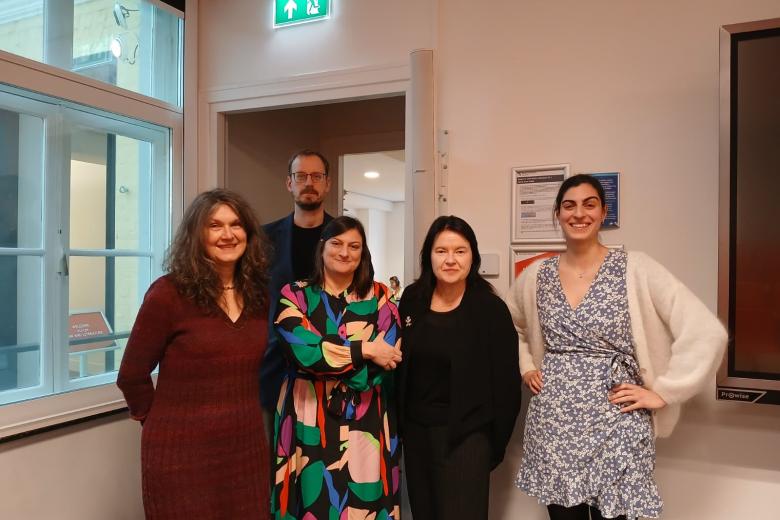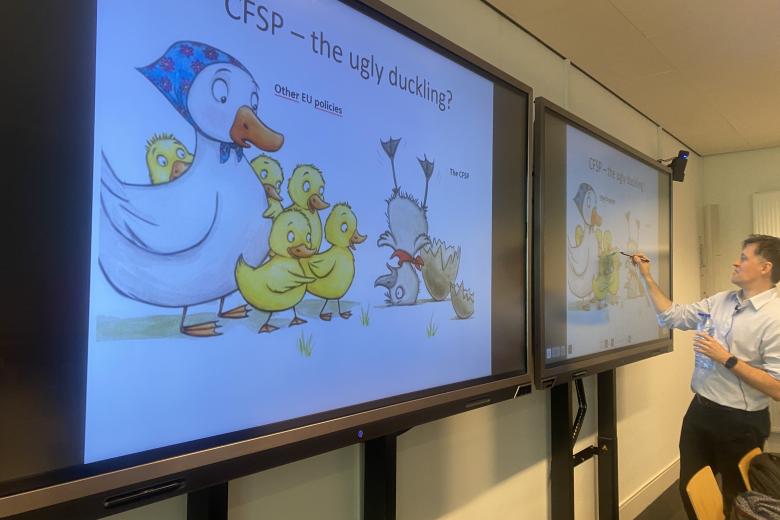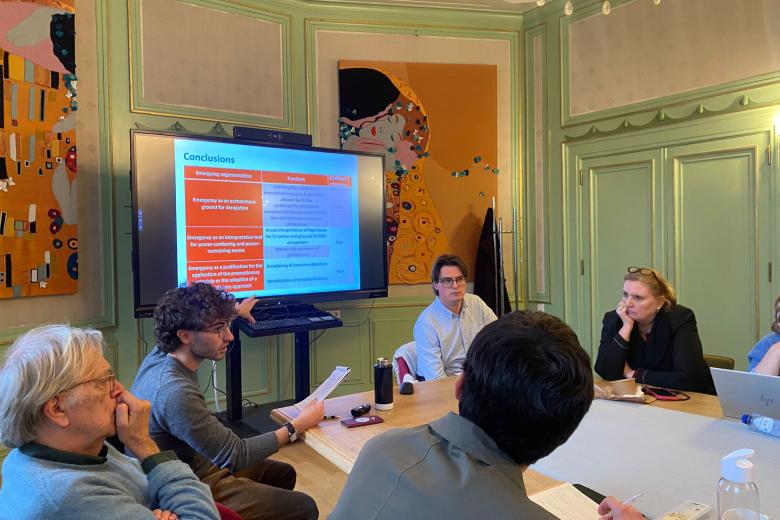MCEL member quoted in judgment of Irish Supreme Court
The Irish Supreme Court has quoted MCEL member Professor Lisa Waddington in a recent judgment. The case, Cahill v Minister of Education and Science, concerned disability discrimination and the duty to provide a reasonable accommodation to benefit a person with a disability. The case involved a dyslexic student who had her Leaving Certificate (school leaving exams) annotated in language modules to indicate that she had not been assessed on spelling/grammar. She had argued that this disclosed her disability to any future employer who would see the certificate and constituted discrimination in various ways.
The Court cited a report which Professor Waddington co-authored as part of a European Commission funded project "International Perspectives on Positive Action Measures: A Comparative Analysis in the European Union, Canada, the United States and South Africa” (Luxembourg: Office for Official Publications of the European Communities)). The report was cited in the context of the Government's argument that the accommodation that the Minister of Education provided was a form of positive action and was covered by a separate statutory exception protecting bone fide positive action measures. The Government argued that this excluded the measure from being challenged as discriminatory.
The Supreme Court lent towards the view that positive action is different from reasonable accommodation and so this exception did not apply. In that context they quoted the explanation of the difference between positive action and reasonable accommodation written by Professor Waddington in the report:
“At first glance it may seem that the obligation to provide for a ‘reasonable accommodation’ is a particular form of positive action, as it provides for ‘advantages’ to individuals who fall within the group of persons with a disability. However, this impression is misleading and the obligation to provide for a reasonable accommodation can better be characterised as a particular kind of non-discrimination legislative provision, related to, but not synonymous with, the established forms of direct and indirect discrimination . . .”.
Para 57 in the judgment by Ms Justice Laffoy, Cahill v Minister of Education and Science.
Also read
-
Globalisation & Law Network seminar with Áine Ryall
On 24 November 2025, the Globalisation & Law Network, together with the Institute for Globalisation and International Regulation (IGIR) held the seminar with Professor Áine Ryall.
-
Guest Lecture: Lóránt Havas explores current challenges in the EU’s CFSP
Lóránt Havas delivered a guest lecture on the EU’s evolving CFSP, discussing key legal developments, institutional challenges, and new defence instruments.
-
Guido Bellenghi presents his latest article on emergency and the EU Court of Justice
Guido Bellenghi showcased his forthcoming study on how emergency arguments feature in the CJEU’s reasoning during his presentation at MCEL’s November Forum.